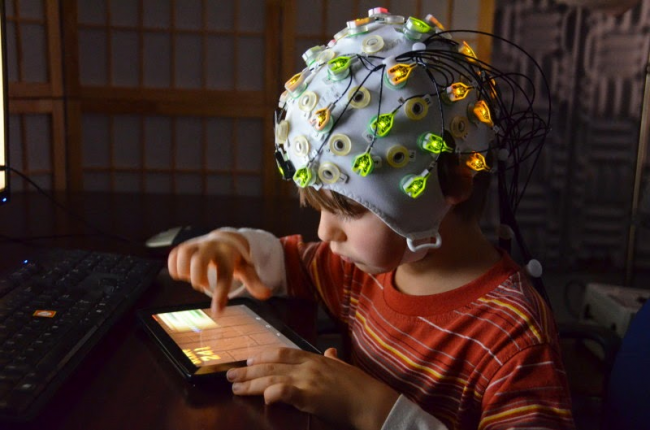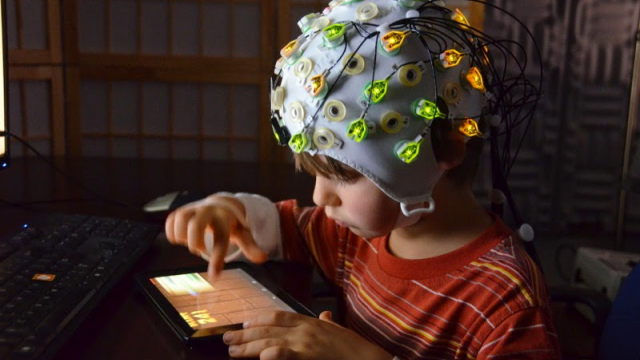September 30th, 2015: We can all relate to the fact that music has the ability to affect our state of mind; a fast paced rhythm can help to improve our performance at the gym, or a slow, sweet melody can induce relaxation or even sleep, but according to Dr. Efthymios Papatzikis, professor of educational neuroscience at Canadian University Dubai (CUD), there’s far more to the power of music than simply enhancing our mood.
Dr. Papatzikis has revealed some of the latest neuroscience research which shows that early years music interaction can improve our later understanding and use of mathematical thought. The science also suggests that it can impact upon the development of the higher thinking and emotional regions of the brain, as well as the structural and functional properties of the brainstem (the part of the brain that is responsible for the basic properties of human life). Put simply, sound and music can define and change our brain, and what’s more, even before we enter the world.
Dr. Papatzikis explained, “If we think about the things we remember best as a child – words and images in our school books, or songs and melodies that we sang or were sung to us – it’s far more likely that the sounds will be most remembered.
“The reason is that our brains are ready – prewired as we call it in neuroscience – to understand, decode and use sounds and melodies long before we learn to speak and communicate via language. Sound and music is our first real connection and point of communication with the world, even when still in the mother’s womb.”
As a career violinist, Dr. Papatzikis turned to academia to explore why music seems to be so important in our lives, and how we can employ it to alter or enhance our educational and clinical contexts. For the past 15 years he has studied the neurobehavioral development of babies, toddlers and young adults, using neuroscience and psychology, in parallel with sound and music.
Having participated in research projects, training schemes and academic activities all around the world, and worked at institutions including UCL, University of London, UK, and Harvard University, USA, as well as in Switzerland at the University of Geneva, EPFL and the Human Brain Project, Dr. Papatzikis has now brought his unique research expertise to the UAE, where he hopes to be able to collaborate on enhancing work in the field.
He concluded, “My aim is to bring this part of science to its feet, and develop an academic community not only locally, but internationally, which can bring ideas of music, sound, education and development in life, and communicate in various forms, the biological, psychological and professional importance that music possesses in our lives.”

